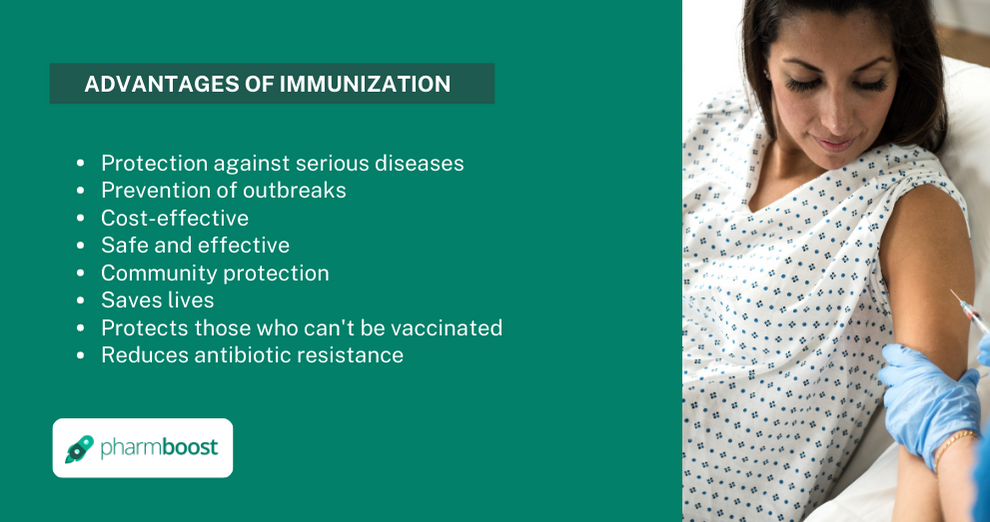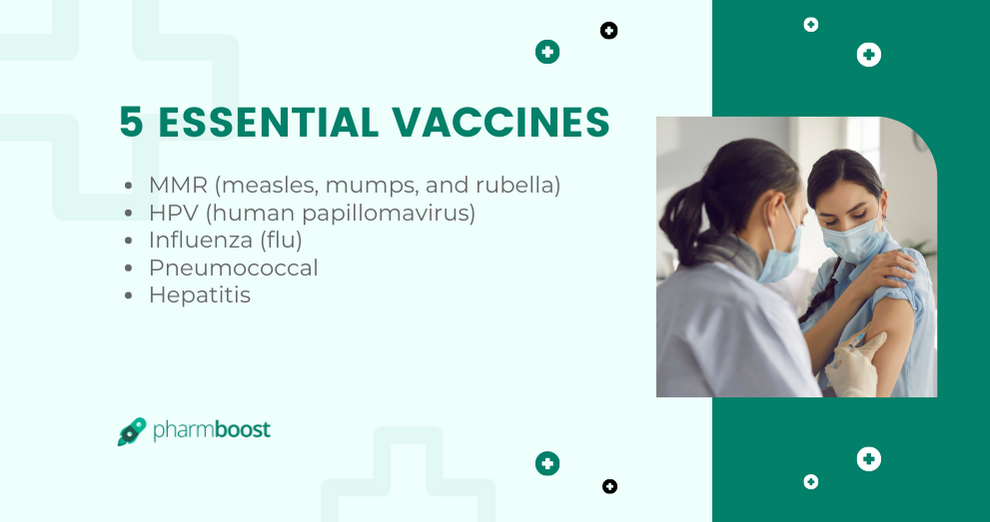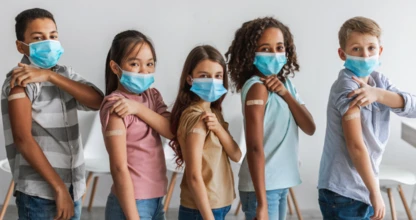Get vaccinated in 2024. Here's why
Immunization is one of the most important ways to protect ourselves and our communities from the spread of infectious diseases. Vaccination safeguards our health and actively prevents the spread of disease to others.
Proven to be safe and effective, vaccines actively prevent a wide range of diseases, including measles, polio, flu, and more. In this way, immunization is an essential tool for maintaining public health and preventing the spread of disease.
What is the meaning of immunization?
Immunization refers to the process of making a person or animal immune to a particular infectious disease by administering a vaccine.
Containing a weakened or dead version of the virus or bacterium, the vaccine triggers the body's immune system to produce antibodies.
Immunization is an important tool in preventing the spread of infectious diseases and protecting individuals and communities from epidemics.
What is the difference between Vaccination & Immunization
Vaccination and immunization are often used interchangeably, but they are not the same thing.
Vaccination refers to the process of receiving a vaccine, which is a substance that contains weakened or dead pathogens that stimulate the body’s immune system to produce antibodies.
Immunization, on the other hand, refers to the process of becoming immune to a disease, either through vaccination or through natural exposure to the disease.
The main difference between vaccination and immunization is that vaccination is a method of achieving immunization.
While vaccination is a deliberate and controlled process, immunization can happen naturally or through other means such as exposure to a disease.
What is the Importance of Immunization?

Getting vaccinated in 2024 is important for a various reasons
- Protection against serious diseases: Immunization can protect against serious diseases such as measles, polio, and tetanus.
- Prevention of outbreaks: Immunization can prevent outbreaks of diseases by reducing the number of people who can transmit the disease.
- Cost-effective: Immunization is cost-effective as it prevents costly medical treatments and hospitalizations.
- Safe and effective: Vaccines have been thoroughly tested and are safe and effective in preventing diseases.
- Community protection: Immunization not only protects the individual who receives the vaccine but also helps protect the community as a whole.
- Saves lives: Immunization saves lives by preventing serious diseases that can be fatal.
- Protects those who can’t be vaccinated: Immunization helps protect people who can’t be vaccinated, such as infants, pregnant women, and people with weakened immune systems.
- Reduces antibiotic resistance: Immunization can reduce the need for antibiotics, which can help prevent antibiotic resistance.
- Travel requirements: Some countries require certain immunizations for travelers to enter the country.
- School requirements: Immunization may be required for children to attend school to protect the health of all students.
Why is immunization crucial for babies?
Immunization is crucial for babies as it provides protection against several diseases and illnesses. Vaccines help to build up the baby’s immune system and guard against diseases such as polio, measles, mumps, rubella, chickenpox, and the flu. It is vital to follow the recommended immunization schedule to ensure the baby receives all the necessary vaccinations at the appropriate time. Immunization not only protects the baby but also helps to prevent the spread of diseases in the community. As a responsible parent, it is important to prioritize your baby’s health and wellbeing by providing them with the necessary immunizations.
What are the 5 most important vaccines?

Here are the 5 most important vaccines that are recommended by medical professionals. These vaccines are crucial for protecting against serious and potentially deadly diseases.
The 5 most important vaccines are:
- MMR (measles, mumps, and rubella)
- HPV (human papillomavirus)
- influenza (flu)
- pneumococcal
- hepatitis
It is important to consult with your healthcare provider to ensure that you are up-to-date on these vaccinations and any others that may be necessary for your individual health needs.
Wrapping up: Final words
In conclusion, immunization is crucial for protecting ourselves and our communities from preventable diseases.
By getting vaccinated, we not only safeguard our own health but also contribute to the larger goal of achieving herd immunity.
It is important to stay informed about the recommended vaccines and to encourage others to do the same. Together, we can create a safer and healthier world.
Recent Post
- 5 Actionable Tips to Improve Patient Engagement within 1 Month
- Social Media Check List for Pharmacy Social Media Marketing
- Pharmacy Social Media Marketing 13 dos and don’ts to know
- Patient Engagement Barriers in Your Pharmacy & How Software Can Help You Overcome Them
- How to Attract New Patients and Boost Sales with Local Pharmacy Marketing







